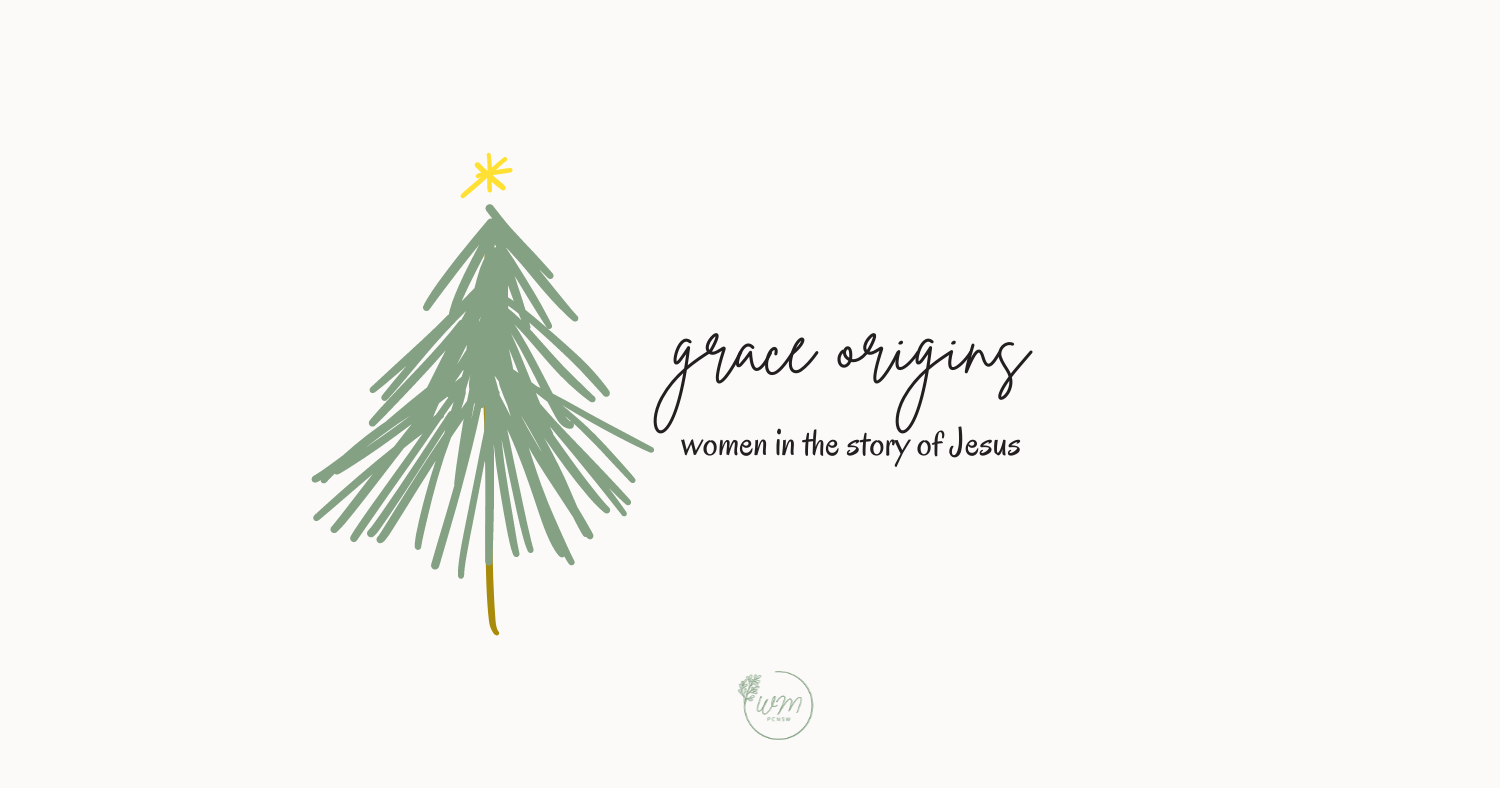
He had just convinced his brothers to sell Joseph to Ishmaelite slave traders when Judah, son of Jacob, married a Canaanite woman.
Together, they had three songs. Their firstborn, Er, was married to a woman called Tamar. But Er died – the Bible tells us that he was “wicked in the sight of the Lord” – before he and Tamar could conceive a child. Without a child, Tamar would be destitute. She had left her own family to be married to Er, and had no means to provide for herself.
In order to continue the line of Er, and secure Tamar’s place in the family, Jacob’s second son, Onan, was instructed to act as a surrogate for his brother. But Onan was too selfish to provide an heir for his brother’s wife, and he was also put to death (by God) for his wickedness.
Afraid his third son would also die if married to Tamar, Judah promised that in a few years she would be given to Shelah, his third son, and be restored to her position in the family.
But Judah never intended to fulfill his promise. He abandoned the widow, Tamar; abandoned his responsibility to her; and abandoned his responsibility to the law.
In desperation – without any means to provide for her, and without an advocate on her behalf, - Tamar conceives a cunning plan. Disguised as a prostitute, she meets a grieving, recently widowed Judah at the city gate. He solicits her, sleeps with her, and impregnates her - all the while unaware of her identity. His signet ring, cord and staff provided the deposit for his payment:a young goat from his flock.
Judah and the disguised Tamar part ways, and although he later tries to arrange payment, is unable to find her.
Months later, Tamar’s pregnancy is discovered. Judah is enraged at her immorality (prostitution). He arranges to have her brought to him, and burnt at the stake.
But Tamar brings with her the down-payment she received: Judah’s signet ring, cord and staff. “I am pregnant by the man who owns these”.
Judah, of course, recognised them. Ashamed, he declares to those ready to condemn her: she is more righteous than I.”
It is a sordid, heart-breaking, messy story to include in the human genealogy of Jesus. But these origin stories, as we discover, not only trace Jesus’ Hebrew origins, but also His origins of grace. The story of Tamar and Judah reminds us of our urgent need for Jesus, who comes into this sordid and messy world: the Saviour we so desperately need.
It’s easy to get lost in the injustice of the story. Tamar has been abused and abandoned by at least two of the men in this account. It is a devastating glimpse into the plight of women in a world, where their value is tied only to the men they marry and conceive.
In this day and age, it’s natural to see the story of Tamar and Judah as one of the Oppressor vs The Oppressed. It would be easy to reduce the moral of the story to a lesson on the patriarchy, and how Jesus came to overturn it.
We see in John’s gospel (8:53-9:11) a similar account, in which Jesus meets an adulteress in a similar situation to Tamar. This time, the oppressor’s weapon is made of stone not fire; but their purpose is the same: to condemn her.
But Jesus didn’t. Instead, He came to her in her brokenness. He spares her life, restoring her dignity. He extends to her forgiveness and encourages her to repentance.
Jesus came to love broken and destitute women like Tamar; to restore their dignity in a world that denied it; to forgive their desperate acts of immorality and empower them to “go and sin no more”.
But Jesus also came for men like Judah. He came to convict them of their self-righteousness, and to show them the kind and merciful heart of God; to forgive their sin and invite them to follow His model of sacrificial, merciful love.
And somehow, in the miracle of Jesus' birth, God restores this broken, sordid story. He redeems it and transforms it into something beautiful: one thread that is woven int o the fabric of the human DNA and history of the Christ child.
Jesus came for both the oppressor and the oppressed. He came for both men and women. He came for both Israelites and Canaanites. And He created in himself one new humanity out of the two, thus making peace. (Eph 2:13)
Jesus Himself is our peace.
He makes one family of many nations;
One body of many peoples.
He has broken down the wall of hostility that divides.
And if Jesus could make something beautiful in the broken, sordid story of Tamar and Judah, so too will He come to you in your brokenness; restoring your dignity; forgiving your sin; and empowering you through his Spirit to go and sin no more.
